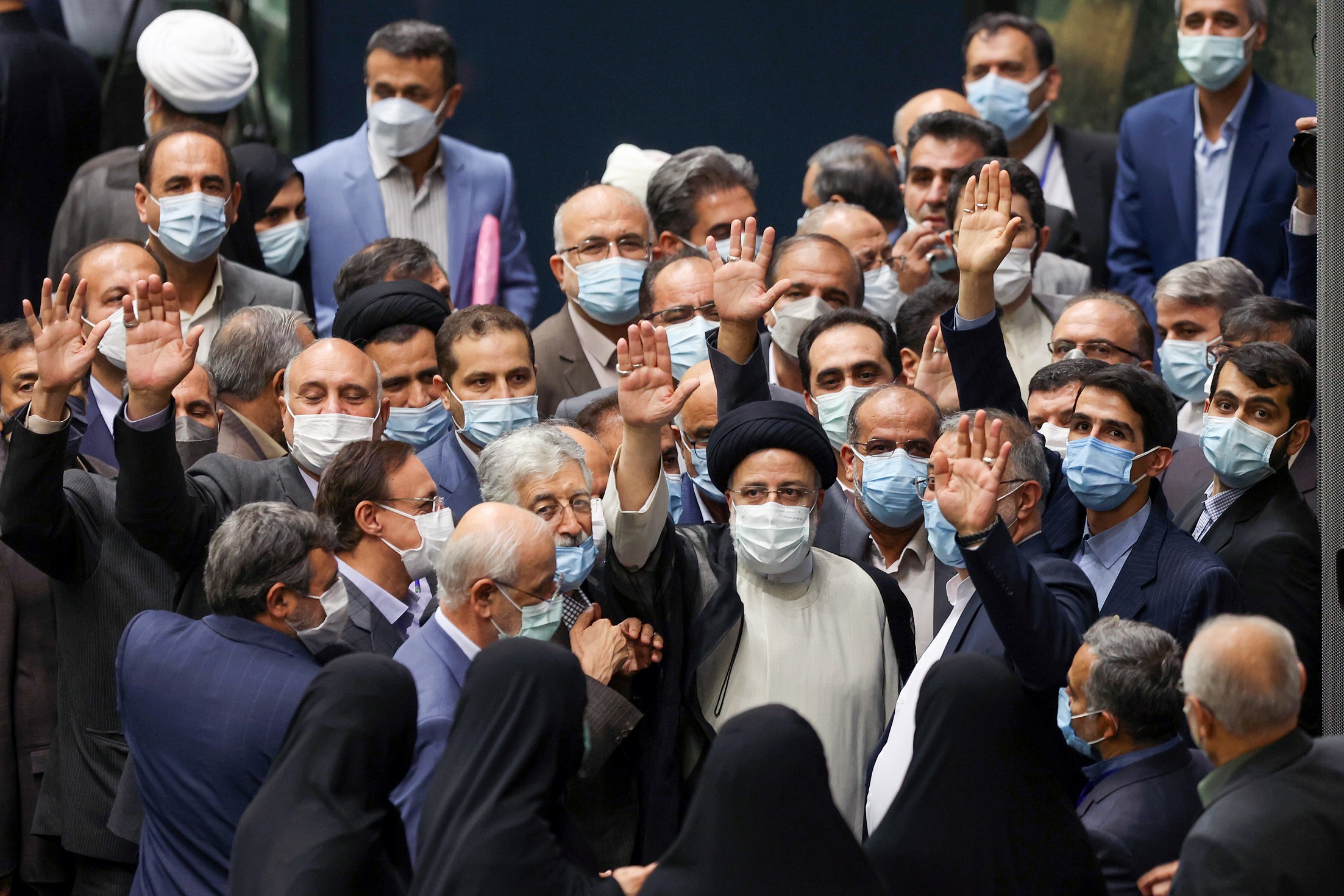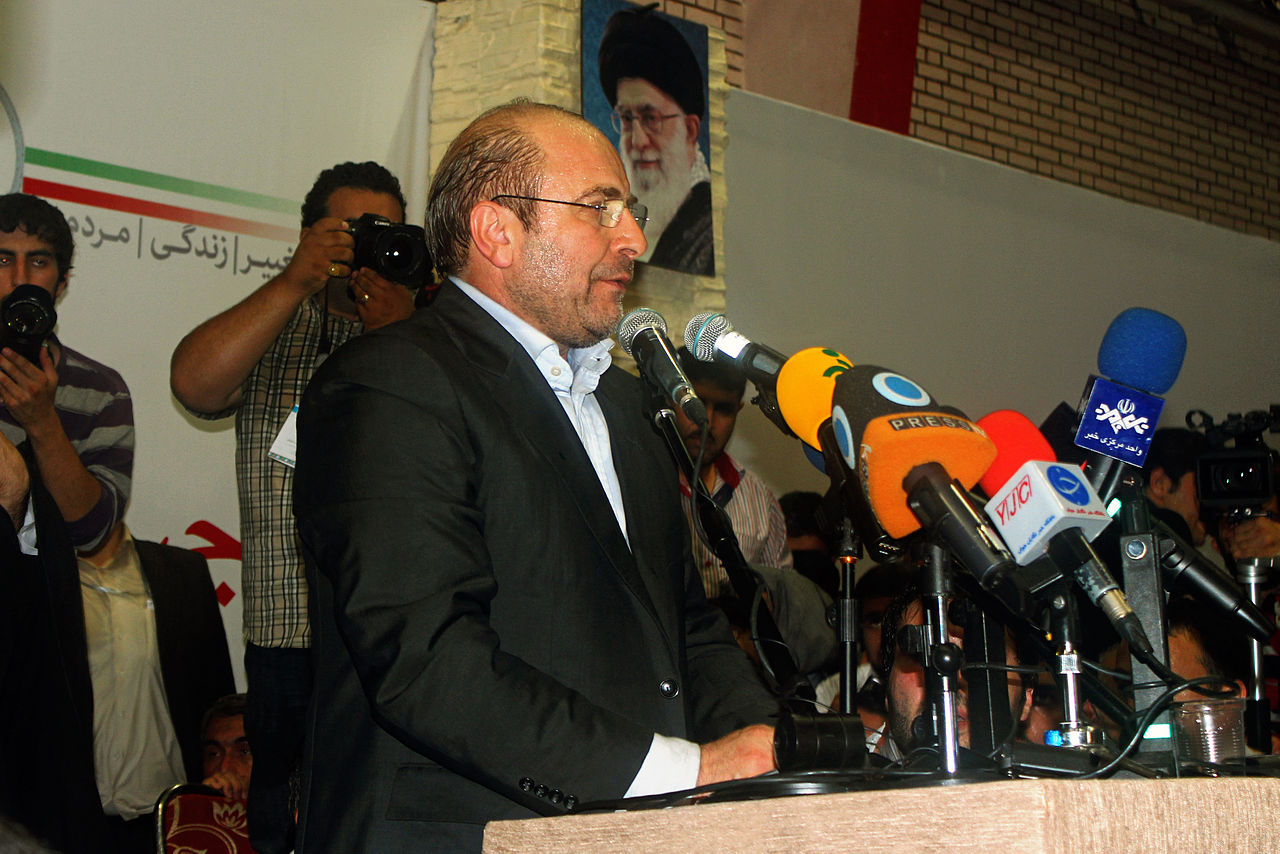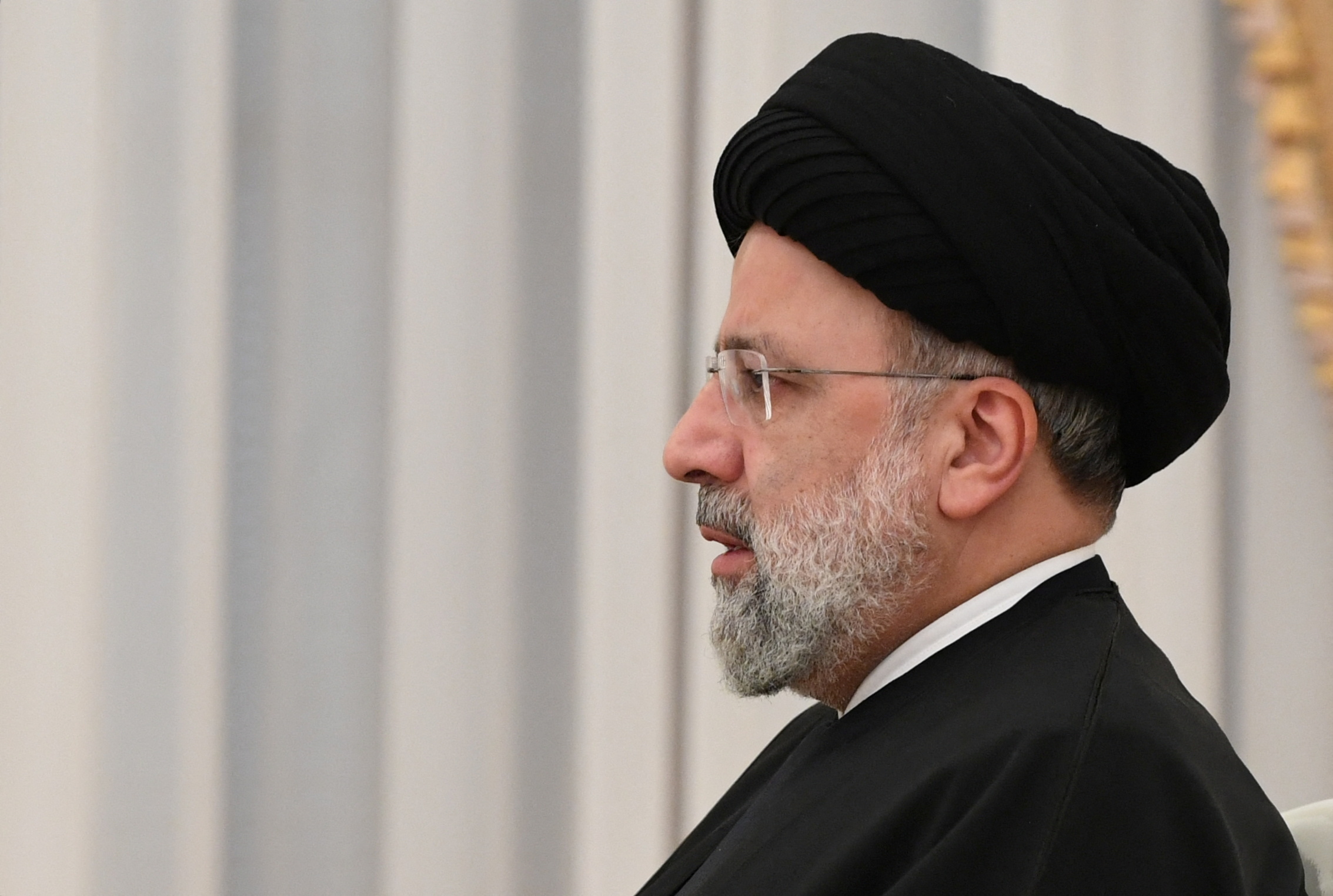Publications
INSS Insight No. 1605, June 1, 2022
Disagreements between Iranian President Ebrahim Raisi and his rivals in the conservative camp have intensified in recent weeks. Politicians, media outlets, and hardline clerics have criticized him, reflecting growing dismay with his policy and failure to improve the economic situation. At the same time, disputes have also recently emerged between the government and the Majles on certain issues, and Majles members have even begun an initiative for the dismissal of a number of ministers in Raisi’s government. The tension between the President and his rivals less than a year after his government was formed provides further evidence that the conservative faction is not monolithic, and that the restoration of political rule by the hardliners does not guarantee unity. The disagreements are likely to worsen if the President fails in his efforts to improve the economic situation, especially ahead of the parliamentary elections, scheduled for two years from now.
Disagreements between Iranian President Ebrahim Raisi and his rivals in the conversative camp have escalated in recent weeks. Criticism is no longer confined to circles affiliated with the pragmatic-reformist faction and the supporters of former President Hassan Rouhani; it also extends to conservative politicians and media outlets, as well as hardline clerics. This criticism reflects growing dissatisfaction with the President's policy, particularly in economic affairs, and with his failure to improve the economic crisis. Despite several positive economic indicators, among them a steady increase in the volume of Iranian oil exports, the rise in oil prices resulting from the war in Ukraine, and moderate economic growth, Iran is still weathering a grave economic crisis involving, inter alia, 40 percent inflation, mounting national debt, and a severe budget deficit.
A number of conservative politicians have recently criticized the policy of the President and his government. In an interview with the news website Khabar Online, political activist Abolqasem Raoufian asserted that Raisi's government lacked the experience and knowledge needed to manage state affairs. He accused the President of unwillingness to cooperate with politicians who were not clearly identified as his supporters, and of relying exclusively on inexperienced "young revolutionaries," thereby severely damaging the country. Majles member Gholam-Ali Jafarzadeh Imanabadi attacked the government's unsuccessful policy, which he said caused suffering among the people. He charged that the President's understanding of economic affairs was inadequate and asserted that the government had no clear economic policy, while stating acerbically that the people's growing distress could not be lifted with slogans. Conservative political activist Mohammad Mohajeri called the Raisi government one of the weakest governments in Iran since the Islamic Revolution. He alleged that Raisi's experience as former head of the judiciary was not enough to manage the state's affairs, and that the members of the Majles had no choice but to stand against the government and act as an opposition. He avowed that Raisi can succeed in office only if his government consists of technocrats with experience and knowledge, regardless of their political affiliation. For his part, the President has dismissed the criticism, and continues to ascribe responsibility for the situation to the preceding government. In meetings with clerics on April 11, 2022, Raisi said that his government respected everyone, but that those responsible for the current status quo whose actions were not accepted by the people could not be appointed to management positions.

At the same time, disputes between the government and the Majles on a series of issues have emerged in recent months, among them the President's proposal to eliminate the official foreign currency exchange rate for imports of basic foodstuffs and medicines. Critics of the proposal have warned that doing away with the official exchange rate was liable to cause a further increase in the prices of staple foods and worsen the plight of the economically disadvantaged population. There are also disagreements among the authorities concerning a bill in the Majles to further limit access to the social networks. Critics of the bill, including the President, are concerned about the bill's effect on many Iranian businesses that provide jobs and depend on access to foreign social networks. Majles members also argue that the government is not acting with transparency in the nuclear talks, and that the Iranian negotiators have not adhered to the red lines set by the regime. In view of the growing disputes between the government and the Majles, Iranian media have reported an initiative in the Majles aimed at the dismissal of some ministers in the President's government, among them the Minister of Cooperatives, Labor, and Social Welfare and the Minister of Industry, Mines, and Trade.
The media, including those affiliated with the conservative faction , have also joined in the growing criticism of the President, with warnings about the prolonged economic crisis and its effect on people's lives. On April 14, the daily newspaper Javan, associated with the Revolutionary Guards, criticized the President's statement blaming groups behind the scenes for the ongoing rises in prices. According to Javan, Raisi's collaborators in management positions also share responsibility for the price rises. Furthermore, if an unseen hand is indeed acting behind the scenes, it means that the government has no control over the state economy. The newspaper called on the President to stop wasting time and to fulfill his election promises, which prompted public expectations of an improvement in the situation. On April 13, conservative newspaper Resalat criticized the President's handling of the inflation crisis. The newspaper stated that the government was responsible for the economic policy, which was accelerating inflation, and that despite its many efforts, the desirable result in coping with the crisis had not yet been achieved. Tacit criticism was also expressed by senior clerics. Hardline cleric Ahmad Khatami, the Friday prayer imam of Tehran, said in his sermon on April 22 that the President should take more effective action to combat price rises, because people were unable to plan their future, and this was liable to cause unrest.
The internal political power struggles also challenge Majles Speaker Mohammad Baqer Qalibaf in a way that could affect his political standing. Qalibaf was the focus of a public and political storm in late April, after his wife, daughter, and son-in-law were photographed at Istanbul Airport carrying a large quantity of goods for Qalibaf's soon-to-be-born grandson. The photographs went viral and resulted in severe censure, including accusations of wastefulness and ostentatiousness against Qalibaf and his family and calls for his resignation. His son Elias hurried to explain the circumstances of the event in a post published on his Instagram account. He claimed that his father had opposed his family's trip to Turkey, and that the purpose of the trip was not to buy goods for the expected baby. He nevertheless admitted that the conduct of the members of his family was "an unforgivable mistake," and apologized. Following the publication of the affair, Qalibaf's supporters claimed that the photographs of his family members in Turkey had been leaked for political reasons by his hardliner opponents and supporters of former Iranian President Mahmoud Ahmadinejad in order to replace Qalibaf as speaker of the Majles.

In February 2022, Qalibaf was involved in another affair following the publication of an audio recording documenting a meeting between former Revolutionary Guards Commander Mohammad Ali Jafari and Sadeq Zolqadrnia, Jafari's deputy for construction and economic affairs. In the recording, the two men discussed Qalibaf's alleged involvement in corruption during his term as mayor of Tehran in 2005-2017. Following this exposure, the Majles speaker's associates again asserted that leaked recording was linked to internal power struggles in the Iranian leadership. In a possible effort to relieve the growing tension between the Majles and the government, Qalibaf announced on April 24 that the current situation in Iran required coordination between the government and the Majles, and that blaming exclusively either the government or the Majles for the economic situation was unacceptable to the public. In a meeting with the government's representatives, Qalibaf said that the executive branch and the legislative branch had to work together to solve the people's problems.
Internal disputes are a regular and ongoing feature of the Iranian political system. All of Iran's presidents have faced substantial political challenges and have sometimes been subjected to severe criticism from the various power centers, including the Office of the Supreme Leader, the legislative branch, the judiciary , and the Revolutionary Guards. The rising tension between President Raisi and his rivals in the conservative faction , less than a year after his government was formed, provides further evidence that the conservative camp is not monolithic, and that the restoration of political rule by the conservatives following the February 2020 parliamentary elections and the June 2021 presidential elections does not guarantee the unity of this camp. The contraction of the political elite via exclusion of competing factions from the elected political institutions ensures the dominance of the conservatives in all government institutions but does not preclude internal disagreements among them. Furthermore, the exclusion of the pragmatic reformist groups makes it difficult for the conservatives to point a finger at their traditional political rivals, and this creates potential for escalation in the power struggles within the conservative camp. The internal disputes are likely to worsen if the President fails in his efforts to solve the economic and social distress afflicting the people of his country. In the absence of significant improvement in the economic situation, increasing criticism of the President and his government can be expected, especially ahead of the upcoming parliamentary elections, scheduled for two years from now.



